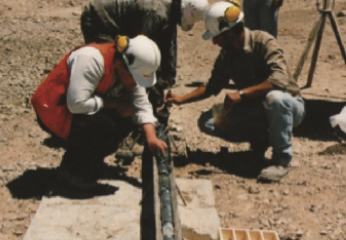
 Back to Career Explorer
Back to Career Explorer
Geologist
Geologists conduct research to find ways to best manage the land, energy, and mineral resources, and solve problems related to hazards.


 Back to Career Explorer
Back to Career Explorer
Geologists conduct research to find ways to best manage the land, energy, and mineral resources, and solve problems related to hazards.
